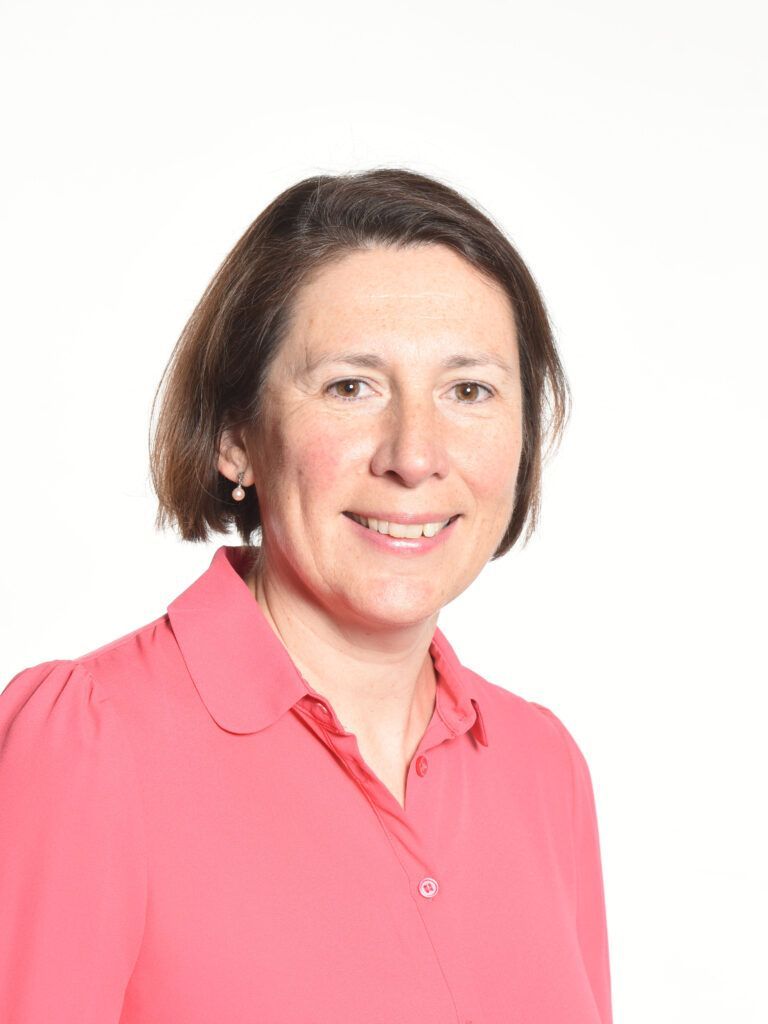Felicity Goldsack is a Project Management Training Consultant who joined the project management training team at Parallel Project Training in early 2023. I recently had the pleasure of speaking with Felicity about her experiences in the project profession and some of her thoughts on project management in general.
A brief biography
Felicity studied a degree in Ancient History and Archaeology at the University of Nottingham because she was passionate about the subject. After higher education she wanted to work in publishing, as she loves reading and books, so spent three and a half years at the UK office of The Casemate Group, first as an Editorial Administrator and then as an Editor. The Casemate Group provides global print and digital sales, marketing and distribution/fulfilment services for book publishers from around the world.
Towards the end of that period, she was looking for another challenge, using what she had learned in a different way, and already knew something of project management as a broad area. When she was still trying to figure out exactly what direction she wanted to go in her career, Parallel were looking for someone to update their study materials. This role was a nice blend of her existing editorial skills from the publishing industry and offered an opportunity to gain more project management experience.
In January 2023, Felicity joined the growing team at the innovative training provider Parallel Project Training. Since then, she has gained the Association of Project Management Project Fundamentals Qualification (APM PFQ) and the APM Project Management Qualification and delivers APM PFQ training courses alongside managing Parallel’s written training materials.
Here’s more about what Felicity had to say…
Thoughts on university degrees in project management
I wasn’t aware of project management as a degree course when I was looking at degrees myself, but I can understand why there are more available now. They fit alongside other degrees that lead into a specific kind of profession, such as business degrees. I’m also aware that the field of project management is growing so I can understand the growth in universities offering project management degrees. Equally, I don’t think that you have to do a degree in project management to eventually be a successful project manager if that’s something you want to do. Being a project manager is as much about gaining different skills and being able to apply them as it is having the theoretical knowledge.
I don’t think that doing a degree in project management is the be all and end all of whether or not you can become a project manager. If you haven’t done a degree in project management it definitely doesn’t rule out the project profession as a career choice.
The pluses of a career in project management
Project management can allow you to work across lots of different companies and industries.
Project management enables you to develop lots of different, transferable skills.
Some project managers tend to specialise in the type of projects that they work on, especially in certain industries, like construction, but others work across a range of different organisations and sectors. Project managers can work for charities, the public sector, financial services, technology companies, healthcare and so on.
In my view, one of the main positives is that a career in the project profession is not limiting in terms of any pre-defined route. This freedom and flexibility means that project managers don’t need to only work in construction, for example, even if that’s where they started out at the beginning of their career. There is definitely the ability to use all the skills you’ve learnt from one area in others that you’re passionate about.
Project management also enables you to develop lots of different, transferable skills. If you look at the APM PFQ syllabus, it covers stakeholder management, benefits management and reviews and each of those areas requires slightly different skill sets. So, project management offers professional development across a range of different areas, including building relationships with other people in the working environment.
The minuses of a career in project management
It would be great to say there are absolutely no negatives to working as a project manager, but realistically there are some drawbacks.
One of the negatives is that it can sometimes feel you are moving around quite a lot because projects are temporary. You’re not necessarily going to work for the same organisation for 20 years, or even in the same field for your whole career. You might have to move around a bit but, at the same time, this is going to provide the opportunity to develop different skills, tackle different challenges and pursue new opportunities.
Delivering project management training courses
I completed the APM PFQ course myself in early 2023 so I am familiar with the content and actually taking the exam reasonably recently. This helps in terms of being able to reassure people about how it’s going to work, because often the people who come on the courses are not completely new to project management, but the exam part of the qualification can feel a little bit intimidating.
Candidates often have some practical experience, but gaining the qualification is more about applying APM knowledge to what they already know, aligning best-practice knowledge and real-world experience. It can also require learning some new terms.
The fact that I’ve completed the course and taken the exam reasonably recently enables me to support others in the same situation. If you haven’t done exams for a few years, it can feel a little scary, so having that support of someone who’s been there and done it is a positive.
Live online training vs face-to-face training
In terms of leading training courses myself, I have done almost exclusively live online training although I have assisted on face-to-face courses.
From my perspective, one of the positives of live online training, with the delegates there in real time, is that people don’t have to travel a long way, and it can help with the accessibility of the course.
A downside to it is that there is a slight distance when you’re doing something online – you’re not always getting immediate interaction and questions. I think sometimes people can feel it’s a bit more nerve wracking to speak up in that environment. Equally, I’ve had really positive feedback about people enjoying the online courses and feeling it was as much about how the content was being delivered as being in the same room with other delegates and the trainer.
Interpersonal skills in project management
Project management is about applying the knowledge and the theory in a practical way but one of the most important factors in doing this successfully is communication.
One of the areas that people tend to think of first regarding communication in a project environment is communicating with external parties – the people who are going to be affected by the project. But it’s also important to remember that you need to consider internal communication as well. A project manager needs to communicate with the team around them who are going to deliver the work, and more senior colleagues who are going to provide support.
Developing your communication skills and showing your ability to relate to people working on your project directly and external stakeholders is a very useful skill. You may also need to communicate project difficulties rather than just positives. Knowing how to handle delivering positive and negative messages will be an asset to anyone in a project career. Sometimes you do need to lean on the internal team and be able to communicate what’s not going well in order to support or help to motivate team members.
Project management is about applying knowledge and theory in a practical way but one of the most important factors in doing this is communication.
Advice for new project managers
I think there are two things that I would say to aspiring project managers. The first is to consider not just the job title that you’ve had or the role that you’ve done, but the skills that you’ve gained. These could be practical skills or soft skills. Have you, for example, been involved in client communication? Have you been in charge of organising certain elements within a team? Even if your job title was not project related you may still have the necessary skills and experience to succeed in a project role. There’s definitely a way into project management from various roles and then you can gain qualifications to develop your career as a project professional.
The second piece of advice would be to gain a project-related qualification – the APM PFQ can be a really good starting point – to understand how activities you might already be doing fit into the world of project management.
Essentially, the skills that people have, not the title, is important to become a successful project manager. People might have been doing project-related work already but not realised it was part of formal project management.
Read more about the Parallel team…

